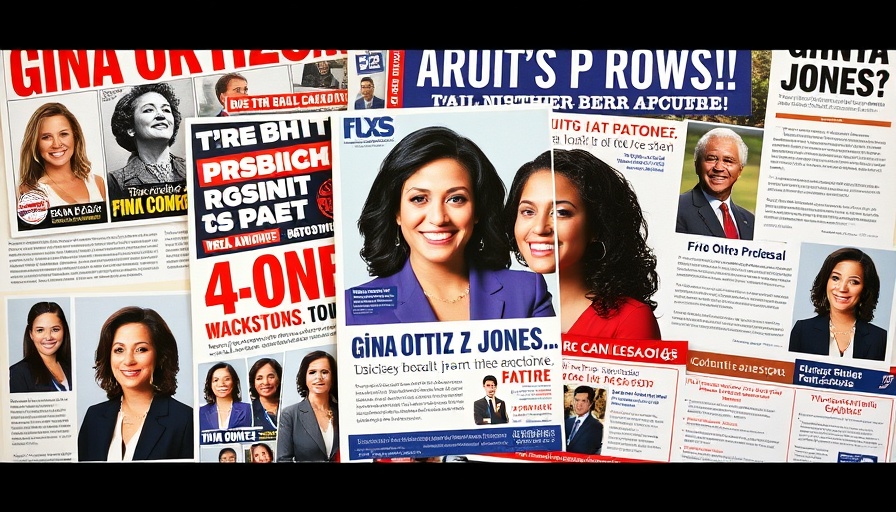
San Antonio’s Competitive Political Landscape
As the runoff for the mayoral race in San Antonio approaches, the financial stakes have never been higher. The Pro-Pablos PAC has reported an impressive $1.35 million in fundraising, solidifying its position as a formidable force in the race. This influx of cash not only highlights the intense competition between mayoral candidates but also underscores the increasing influence of political action committees in local governance.
Progressive Groups Rally for Candidate Jones
In contrast to Pablos’ financial might, progressive groups are coming together to support their chosen candidate, Jones. This grassroots backing is essential for Jones, particularly as the establishment attempts to overshadow progressive voices in the city’s political discourse. The emergence of these groups reflects a growing trend wherein locals actively seek to drive political change through collective funding and mobilization.
A Closer Look at Political Funding Trends
The dynamics of campaign financing in San Antonio hint at broader national trends. In recent years, we've seen a shift towards PACs and large donors shaping local elections significantly. This evolution raises questions about the influence of money in politics, advocacy, and representation among constituents. Who benefits from these vast sums of money? Is it the voice of the people or merely the perspective of the wealthy few? These are the critical issues at the heart of San Antonio’s mayoral race.
Projected Implications for Voter Engagement
With the election just around the corner, voter engagement will play a pivotal role in determining the outcome. The extensive funding could either motivate voters who feel their voices are represented or discourage those who perceive the process as being influenced solely by substantial financial backers. Understanding this psychological landscape is crucial, as it can affect turnout and ultimately the democratic health of the city.
The Future for San Antonio Politics
Looking ahead, the implications of this fundraising saga extend beyond mere campaign statistics. As San Antonio grapples with its identity—balancing progressive ideals with traditional values—the effectiveness of each campaign's strategy will shape the city’s governance for years to come. Candidates will need to respond not just to the demands of financial supporters but also to the electorate that seeks tangible results.
The final reports from these fundraising efforts serve not just as an overview of financial support but as a reflection of the priorities and concerns within San Antonio’s electorate. As the story unfolds, voters in the city should remain vigilant and informed, ensuring that their voices resonate loudly in the ongoing political dialogue.
 Add Row
Add Row  Add
Add 




Write A Comment